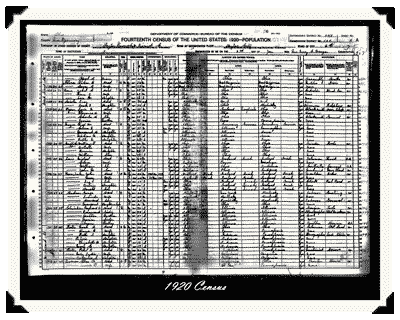Marrinan History
Where Did This Stuff Come From?
Following is a loose history and stories of Marrinan and the Marrinan family in the Miami and Whitewater Valley of Indiana and Ohio. Robert Brown, a "cousin" from the McMahon side of the family, Edward Marrinan III, great grandson of immigrant John J. Marrinan, as well as other "cousins" from New Paris, continue to be responsible for some of the information. Eileen Marrinan Conley, great granddaughter of immigrant John J. Marrinan, gave the Black Twig Apple story.
If you have any other information or stories you would like to include pass it along and I will get it added.
Name Derivation
Irish: Anglicized form of Gaelic Ó Maranáin 'descendant of /Maranán/', a dissimilated form of /Manannán/ (see Murnan ). This derivates back to Murnane *Murnane* Irish (County Cork): Anglicized form of Gaelic Ó Murnáin, a reduced and dissimilated form of Ó Manannáin 'descendant of /Manannán/', name borne in Celtic mythology by a sea god associated with the Isle of Man.
"Irish Family Names" by Patrick Kelly, 1939, says Marrinan is a derivative of Manannan, as is O'Manynane, O'Mananan, Murnane, Murnain, Murnan, Mornan and Warren. Manannan apparently was a magician on the Isle of Man, son of Lear who was one of the principal sea gods of pagan Irish mythology.
Marrinan as well as the other variants supposedly originated in western Ireland before the ninth century (That date needs to be checked with the "Anglicization" of other Gaelic names...Ó'Maranáin 'descendant of /Maranán/', a dissimilated form of /Manannán.).
Marrinan Irish History
Marrinan also might have a relationship to several maritime clans of Munster and Connaught, and that includes some references about resistance to Viking invasions of the west coast of Ireland ...a very "rough group" of folks as ancestors.
Another story goes back to the "Spanish Armada." King Phillip of Spain in the sixteenth century decided to plan an "invasion." He sent 160 ships. The English discovered the plan, and a defense was created at the entrance of the English Channel with a fleet of maybe 80 ships.
